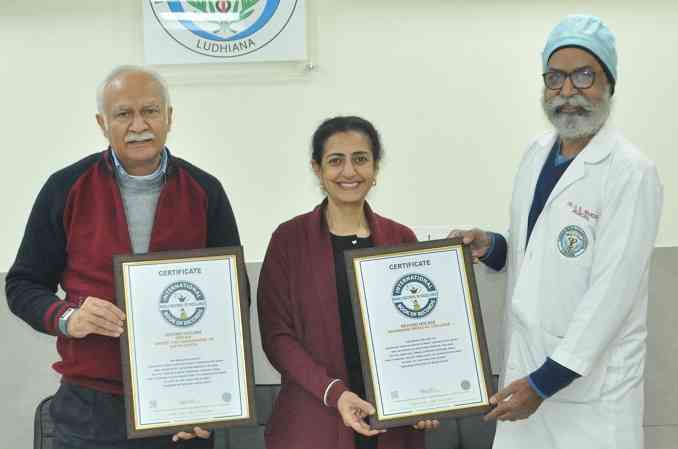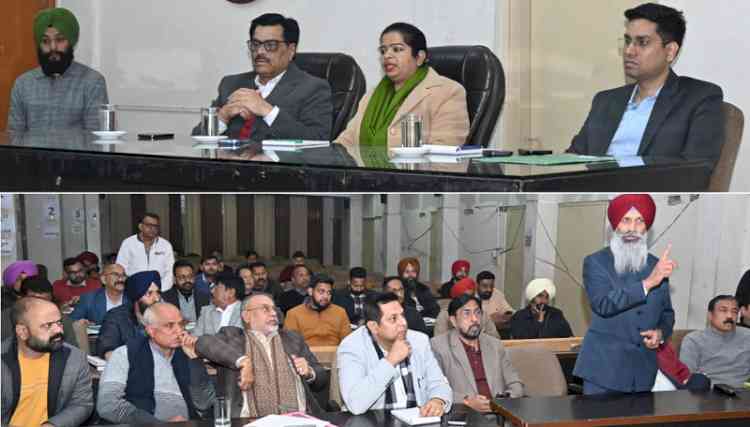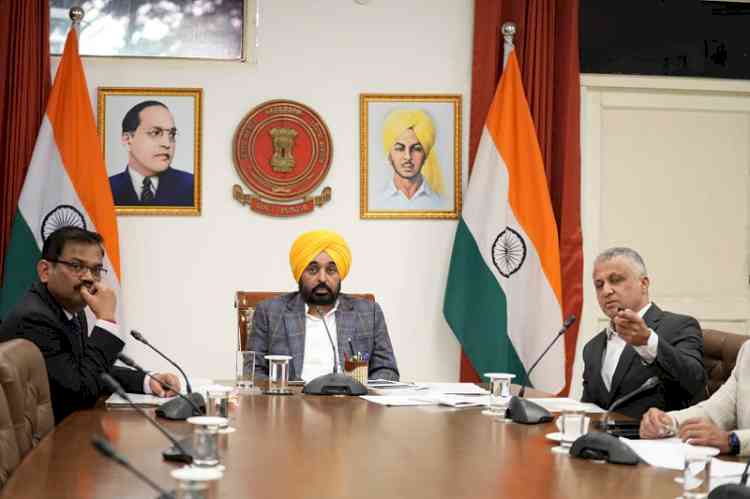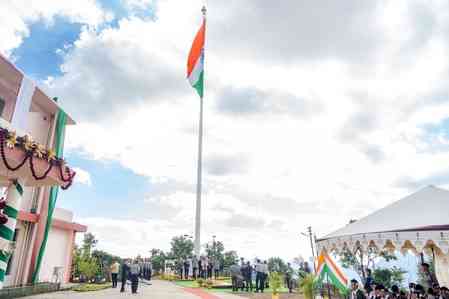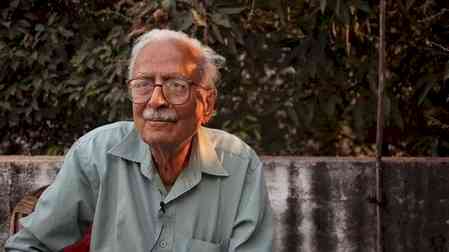"Give Gift of Sight": Health Minister Dr Balbir Singh exhorts people to pledge eye donation
To mark the 38th Eye Donation Fortnight, Punjab Health and Family Welfare Minister Dr Balbir Singh on Thursday urged people to come forward to pledge their eyes for donation. “Eye donation is a noble cause as it can be a gift of vision to a blind person,” he said.

Chandigarh, August 24, 2023: To mark the 38th Eye Donation Fortnight, Punjab Health and Family Welfare Minister Dr Balbir Singh on Thursday urged people to come forward to pledge their eyes for donation. “Eye donation is a noble cause as it can be a gift of vision to a blind person,” he said.
The Eye Donation Fortnight will be observed from August 25 to September 8.
Dr Balbir Singh, who himself is an eye surgeon, informed that the corneal damage leads to blindness, which is known as Corneal blindness. The cornea is a transparent layer in front of the iris.
“It is the Cornea which is taken from the donor’s eyes and is transplanted on to a corneal blind person, which enables the person to see the world,” he said while adding that this surgical procedure is called a Keratoplasty.
Underlining the importance of eye donation, the Health Minister said that our eyes are the most pivotal sensory organs, as up to 80% of all sensory impressions are registered through our sight. Without the gift of sight it is challenging to lead a normal life, he said.
He said that around 11 lakh people are suffering from corneal blindness in India and 30,000 new cases are being added each year, whereas, only 25000 corneal transplants are conducted every year in India. “We can see a huge gap in eye donations and a number of corneal blind persons. Therefore we all need to come forward to fill this gap by pledging our eyes for donation and make our state and nation corneal blindness free,” he said.
Meanwhile, Punjab has a total of 11 registered eye banks and 27 corneal transplantation centres. A total of 946 Keratoplasty have been conducted in Punjab in 2022-23, while, 282 such surgeries have been conducted successfully in 2023-24 till July.
Director Health Services Dr Adarshpal Kaur said that during this fortnight, various IEC activities are to be carried out across the state and detailed guidelines have already been issued to all the Civil Surgeons in this regard. Various myths and misconceptions associated with eye donation will be busted during this intensified awareness drive, she added.
State Program Officer of the National Program for Control of Blindness and Visual Impairment (NPCBVI) Dr Neeti Singla said that registration forms for pledging the eyes for donation are available at all the district hospitals, sub-division hospitals and community health centres. The registration can also be done online on the website www.nhm.punjab.gov.in/Eye_Donation/form1.php and the print of the filled form as proof of registration can also be taken.
EYE DONATION – FACTS AND MYTHS
— Eyes can be donated only after death. Eyes must be removed within 4-6 hours after death.
— Anyone irrespective of age and sex can donate eyes.
— Spectacle wearers, those suffering from diabetes, hypertension, etc and those who have undergone cataract surgery can also donate eyes.
— Only a trained person can remove eyes.
— Eye removal takes less than 20 minutes and it does not delay the funeral formalities.
— Eye removal does not lead to any disfigurement of the face.
— The identities of both the donor and recipient remain confidential and are not disclosed.
— One donor can give vision to two corneal blind individuals.
— Eye donation is a free-of-cost process.
— Selling or buying of human eyes is illegal.
— Donated eyes that are not suitable for transplant may be used for medical research and education.
WHO CANNOT DONATE EYES?
Eyes are not collected from donors who are infected with or died due to the following conditions: AIDS (HIV)/ Hepatitis B or C, Sepsis, Leukaemia, Rabies, Meningitis, Encephalitis, Tetanus and other viral diseases.
WHAT SHOULD BE DONE BY THE RELATIVES OF THE DECEASED?
— Inform the nearest eye bank or eye collection centre immediately after death.
— Switch off the fan and switch on the AC if available.
— Gently close both eyes and keep a moist cloth over both eyes.
— Raise the head with a pillow. This will reduce the bleeding during the removal of the eyes.


 City Air News
City Air News 
